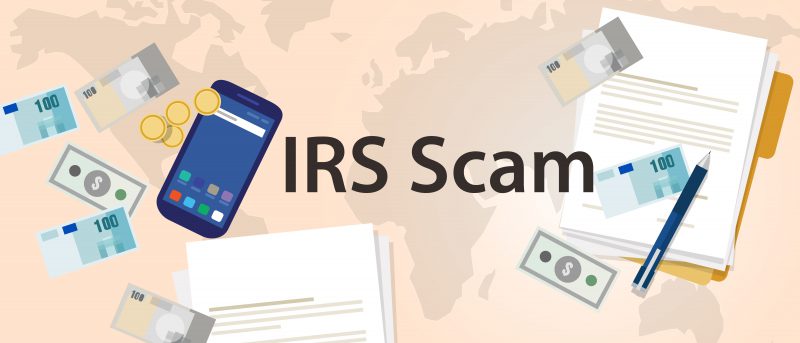
Scammers are getting more creative: watch for these new phone and email rip-offs
We’re not out to steal their money — just their time. When fraudsters call to say we’re about to be arrested for tax debt, our Social Security number has been “suspended,” or a loved one is in trouble, we play along.
This gives us valuable insight into how the scams operate, while wasting the time these jerks could spend victimizing more vulnerable people.
We have our work cut out for us. Government-imposter frauds have scammed people out of at least $450 million since 2014, according to the Federal Trade Commission. Interestingly, people ages 20 to 59 are more likely to report being defrauded this way than those 60 and over, but older people tend to lose more money. The median individual reported loss was $960, but it was $2,700 for people 80 and older, the FTC said in a July report.
You don’t have to engage with the bad guys to help thwart them. Answering the phone when scam artists call can put you on a “sucker list” that will prompt more calls.
But you can sign up for free “watchdog alerts” from AARP’s Fraud Watch Network, report scam attempts to the FTC and warn loved ones about the latest schemes, such as these three.
Government impostors
Fraudsters are nothing if not flexible. As media coverage of IRS-imposter calls increased last year, scammers switched to impersonating Social Security investigators. The crooks often use software to spoof caller ID services into showing phone numbers for the Social Security Administration or its fraud hotline.
Doug Shadel, AARP’s lead researcher on consumer fraud, recently pretended to take the bait. He returned a robocall from a group of these impersonators and was told the FBI was about to arrest him for opening 25 fraudulent bank accounts. To help the “investigators,” Shadel was advised to move all the money in his legitimate bank accounts to prepaid cards issued by “government-certified” stores such as Apple, Target, CVS or Walgreens. Then, Shadel was supposed to give the caller the cards’ serial numbers so the information could be added to his “file” — allowing the bilkers to steal the money.
Details of these scams might seem absurd, but con artists are exceptionally good at creating an atmosphere of fear and urgency so you’ll react emotionally, Shadel says.
“Once you’re in that state of fear, it swamps all reason,” he says.
Variations on this scheme include warnings that your Social Security number has been suspended because of suspicious activity or that your help is needed to investigate a crime, such as immigration fraud. Know this: Social Security numbers can’t be suspended, investigators typically don’t enlist civilians, and government agencies don’t call out of the blue, says Kathy Stokes, director of AARP’s fraud prevention programs.
“Anyone calling from the government saying there’s a problem and you owe money is a scam,” she says.

